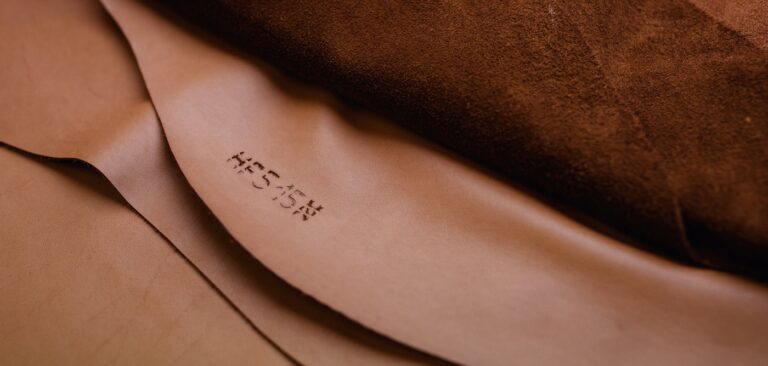Automotive leather supplier Bridge of Weir has welcomed a report by the World Wildlife Fund (WWF) highlighting the vital role that the leather industry plays in the circular economy.
The WWF report recognizes that, with leather being a by-product of the meat industry and with global beef consumption rising, the leather industry plays a crucial part in circularity, as it upcycles hides which would otherwise be put into landfill while emitting hundreds of tons of methane each year.
The WWF’s report also calls out non-animal, or “vegan” leather alternatives, and highlights that some of the alternative materials are produced using plastic, created from fossil fuels. As a result, these do not biodegrade and cause damage to biodiversity in the form of microplastic waste.
Since 2003, Bridge of Weir has patented circular manufacturing processes which reduce the amount of waste reaching landfill, while also reducing the company’s carbon footprint. All of the raw hides used in the company’s leather-making operations are a by-product of local beef and dairy industries, with more than 98% sourced locally within the UK and Ireland.
“It is a significant development for a globally trusted organization such as the WWF to highlight the truth around leather and encourage both the customers of leather manufacturers – such as the world’s leading car makers – to collaborate across the full supply chain and increase consumer awareness of leather’s sustainability,” explained Dr Warren Bowden, head of sustainability and innovation, Bridge of Weir leather.
He added, “Across the industry, there needs to be a call to action to share and adopt progressive practices and educate. We are delighted the WWF is encouraging a proactive role for industry leaders and supporting the role of sustainable leather role for future generations. We pride ourselves on employing leading environmental practices, and we endeavor to share our learning with the wider industry as recommended in the WWF report.”
To read the full WWF report, click here.



